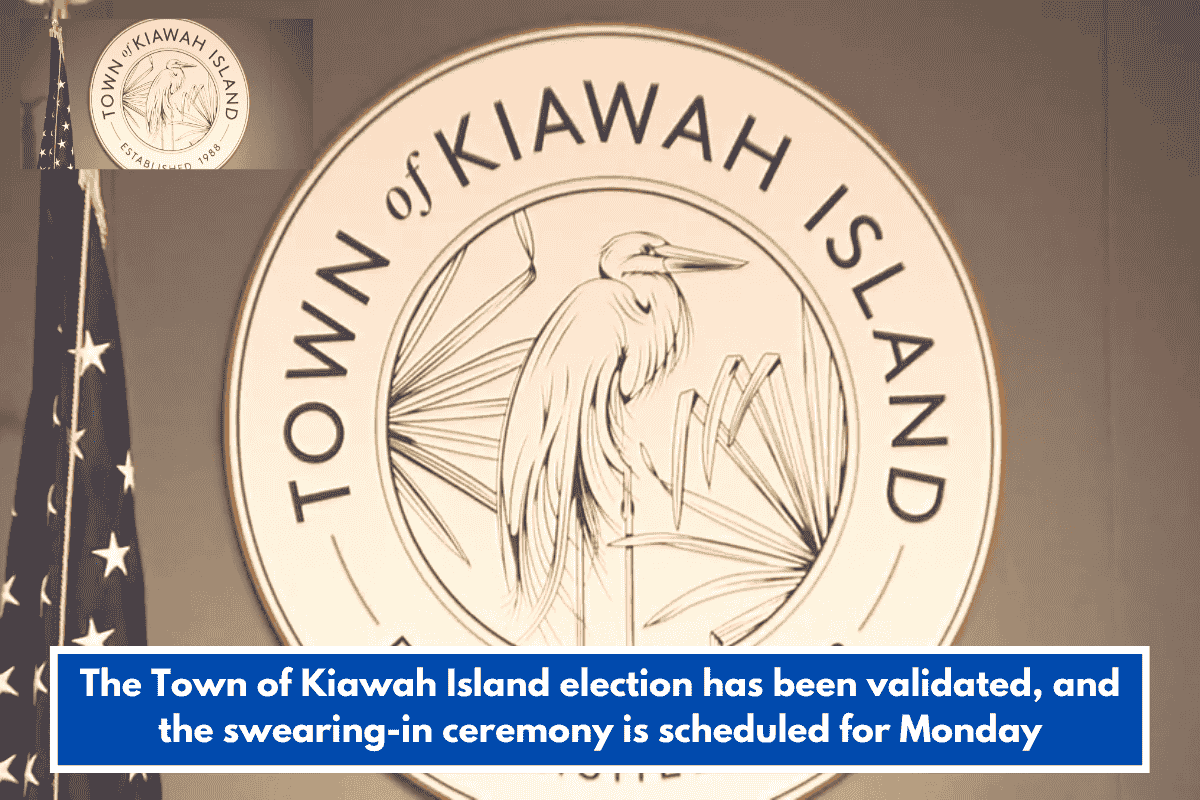Traffic stops can be stressful, and when a police officer asks to search your phone, it raises many questions about your rights. In Montana, as in the rest of the United States, there are specific legal guidelines regarding when and how police can search your phone. Here’s what you need to know about your rights and the law surrounding phone searches during a traffic stop in Montana.
Can Police Search My Phone During a Traffic Stop in Montana?
In Montana, police cannot search your phone during a traffic stop without your consent or a legal justification. The U.S. Supreme Court has established strict rules about searching electronic devices, and Montana law generally follows these rules. Let’s break down the main circumstances under which a phone search might occur:
1. Consent-Based Searches
If a police officer asks to search your phone, you have the right to refuse. Unless you explicitly give consent for the officer to search your phone, they generally cannot do so.
Tip: If you don’t want your phone searched, simply say “I do not consent to a search”. This is an important phrase that protects your rights.
Important Note: While you can refuse, police may continue their investigation based on other factors, such as visible evidence of a crime or probable cause.
2. Searches Based on Probable Cause
If the police have probable cause to believe that your phone contains evidence of a crime, they may be able to search it. For example, if police see you texting or using your phone in a way that could involve illegal activity, they may use that as justification for a search.
However, even with probable cause, police generally need a search warrant to access the contents of your phone unless an exception applies (such as an emergency situation).
3. Search Incident to Arrest
If you are arrested during the traffic stop, police may be allowed to search your phone as part of a search incident to arrest, but there are limits.
For example: If you’re arrested for something unrelated to the phone, officers can search your phone only if they believe it might contain evidence related to the arrest.
Recent Supreme Court Ruling: In the 2014 case Riley v. California, the U.S. Supreme Court ruled that police generally cannot search your phone without a warrant, even if you are arrested. The Court determined that the data on a phone is far more personal than other items typically searched during an arrest (such as pockets or wallets).
4. Exceptions to Warrant Requirement
While police generally need a search warrant to look at the contents of your phone, there are limited exceptions where they may search without one:
Exigent Circumstances: If there is an urgent need to search your phone to prevent harm, destruction of evidence, or a threat to public safety, police may search it without a warrant. However, these situations are rare.
Safety Concerns: If police believe your phone could pose a safety threat (for example, if they suspect the phone may contain explosive devices), they may search it immediately.
What Are My Rights During a Traffic Stop?
During a traffic stop in Montana, you have specific rights that protect you from unreasonable searches or seizures:
Right to Remain Silent: You do not have to answer questions beyond identifying yourself and providing your driver’s license, registration, and proof of insurance.
Right to Refuse a Search: If police ask to search your phone or vehicle, you have the right to refuse the search unless they have a warrant or probable cause.
Right to an Attorney: If you’re being detained or arrested and you are questioned, you have the right to request an attorney.
It’s important to remember that if you refuse to allow a search, the police can still search if they have probable cause, a warrant, or another legal justification.
What Should I Do If Police Ask to Search My Phone?
If a police officer asks to search your phone during a traffic stop, follow these steps:
Stay Calm and Polite: Cooperate with the officer’s requests for identification, but remember you have the right to refuse a phone search.
Refuse the Search (Politely): You can clearly say, “I do not consent to a search of my phone.”
Ask if You Are Free to Leave: If the police are not arresting you or holding you for further questioning, ask if you are free to leave. If they say yes, you can walk away.
Know Your Rights: If the officer claims they have probable cause or a warrant, it’s important to remain calm and ask to see the documentation.
In Montana, police cannot search your phone during a traffic stop without either your consent, probable cause, or a search warrant. It’s crucial to understand your rights when it comes to electronic device searches. If you are unsure of what is happening or feel your rights are being violated, it’s important to stay calm and request legal assistance if needed.
While traffic stops can feel overwhelming, knowing your rights can help ensure you are treated fairly under the law.
SOURCES
[1] https://cdt.org/insights/montana-tells-police-no-location-tracking-without-a-warrant/
[2] https://reason.org/voters-guide/montana-c-48-search-warrant-for-electronic-data-amendment/
[3] https://collincountymagazine.com/2025/07/07/can-montana-police-search-my-phone-during-a-traffic-stop-heres-what-the-law-says/
[4] https://www.aclu.org/press-releases/montana-supreme-court-affirms-montanans-right-cell-phone-privacy
[5] https://www.aclumontana.org/en/news/montana-first-nation-protect-you-cell-phone-tracking














